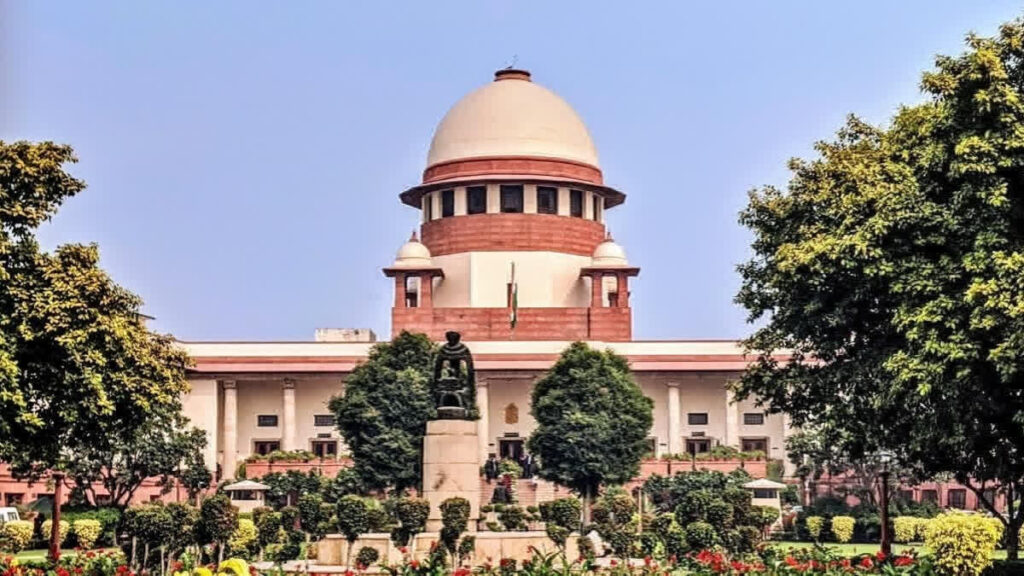Jahanvi Agarwal
The Supreme Court delivered a strong rebuke to the National Investigation Agency (NIA) on 3rd July 2024, for delaying the trial in a counterfeit currency case, which resulted in the accused languishing in jail for four years without a trial.
A Division Bench of Justices JB Pardiwala and Ujjal Bhuyan stressed that regardless of the crime’s severity, an accused has the right to a speedy trial under Article 21 of the Indian Constitution – “howsoever serious a crime, the accused has a right to a speedy trial as enshrined under the constitution. Right to speedy trial was infringed, thereby violating Article 21.”
“You are the NIA. Please do not make a mockery of justice. It is 4 years, and the trial has not commenced. This is not done. Whatever offence the accused has committed, he has the right to a speedy trial. Do not say a word now. Not a word,” the Court asserted. Consequently, the Court granted bail to the accused.
The case involved an appeal against a February 2024 Bombay High Court order, which refused bail to the accused. Arrested by Mumbai Police in 2020, the accused was found in possession of counterfeit currency notes allegedly from Pakistan, following an investigation by the NIA. The appellant had reportedly visited Dubai in February 2020 and received the counterfeit currency there.
The Court noted that two co-accused had already been arrested and granted bail, with one bail order currently under challenge before the Supreme Court.
Considering that the accused had already spent four years in jail awaiting trial, the Supreme Court overturned the Bombay High Court’s decision and granted bail. The trial court had not yet framed charges, and the prosecution planned to call 80 witnesses. The bail was granted with conditions set by the trial court. Additionally, the Supreme Court instructed the accused to appear at the NIA’s office in Bombay every 15 days.

